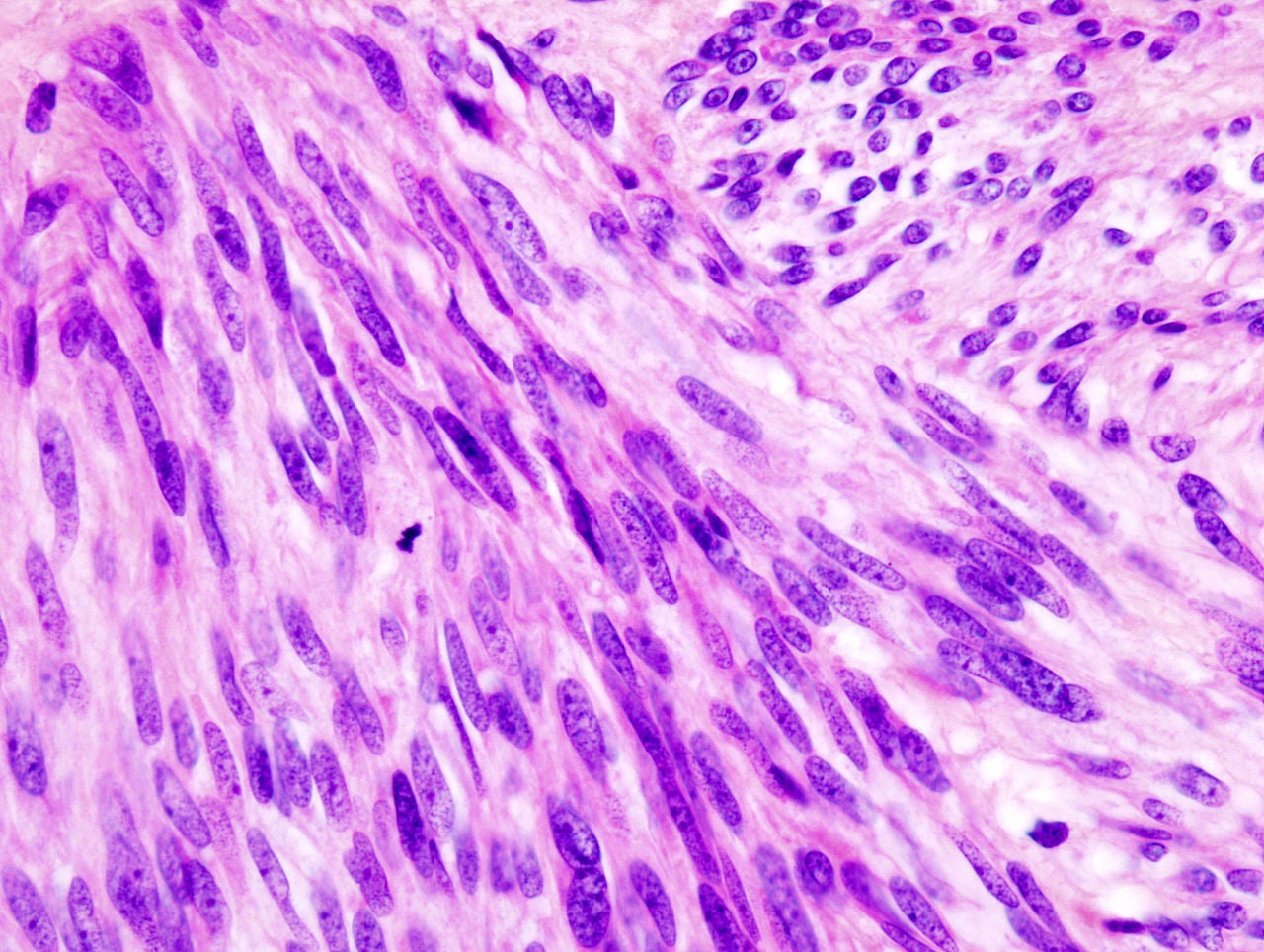
Deciphera Pharmaceuticals has concluded its target enrolment in the Phase III clinical study analysing its switch-control tyrosine kinase inhibitor, Qinlock (ripretinib), in patients with second-line gastrointestinal stromal tumour (GIST).
Qinlock is designed to broadly stop KIT and PDGFRA mutated kinases deploying a dual mechanism of action that regulates the kinase switch pocket and activation loop.

Discover B2B Marketing That Performs
Combine business intelligence and editorial excellence to reach engaged professionals across 36 leading media platforms.
GIST is a cancer that affects the digestive tract or nearby structures within the abdomen and is commonly seen in the stomach or small intestine.
The randomised, global, multi-centre, open-label INTRIGUE study will analyse the efficacy and safety of Qinlock versus sunitinib in patients with GIST previously treated with imatinib.
Around 426 patients will randomly receive either Qinlock 150mg once daily or sunitinib 50mg once daily for four weeks. This will be followed by two weeks without sunitinib.
Median progression-free survival (mPFS), as determined by independent radiologic review using the modified Response Evaluation Criteria in Solid Tumors (RECIST) scale, will be the trial’s primary efficacy endpoint.

US Tariffs are shifting - will you react or anticipate?
Don’t let policy changes catch you off guard. Stay proactive with real-time data and expert analysis.
By GlobalDataSecondary endpoints of the study include objective response rate (ORR) and overall survival (OS).
Deciphera Pharmaceuticals executive vice-president and chief medical officer Matthew Sherman said: “We are pleased to announce the completion of target enrollment for our Phase III INTRIGUE study in patients with second-line GIST.
“This marks an important step forward to potentially bringing QINLOCK to an early-stage GIST population and establishing QINLOCK as the best-in-class treatment for this disease.”
At present, the study is being carried out at 122 investigational sites in 22 countries.
Deciphera plans to announce top-line results for the study in the second half of next year.
Qinlock is currently approved in the US, Canada, and Australia for treating adult patients with advanced GIST who have received prior treatment with three or more kinase inhibitors.





